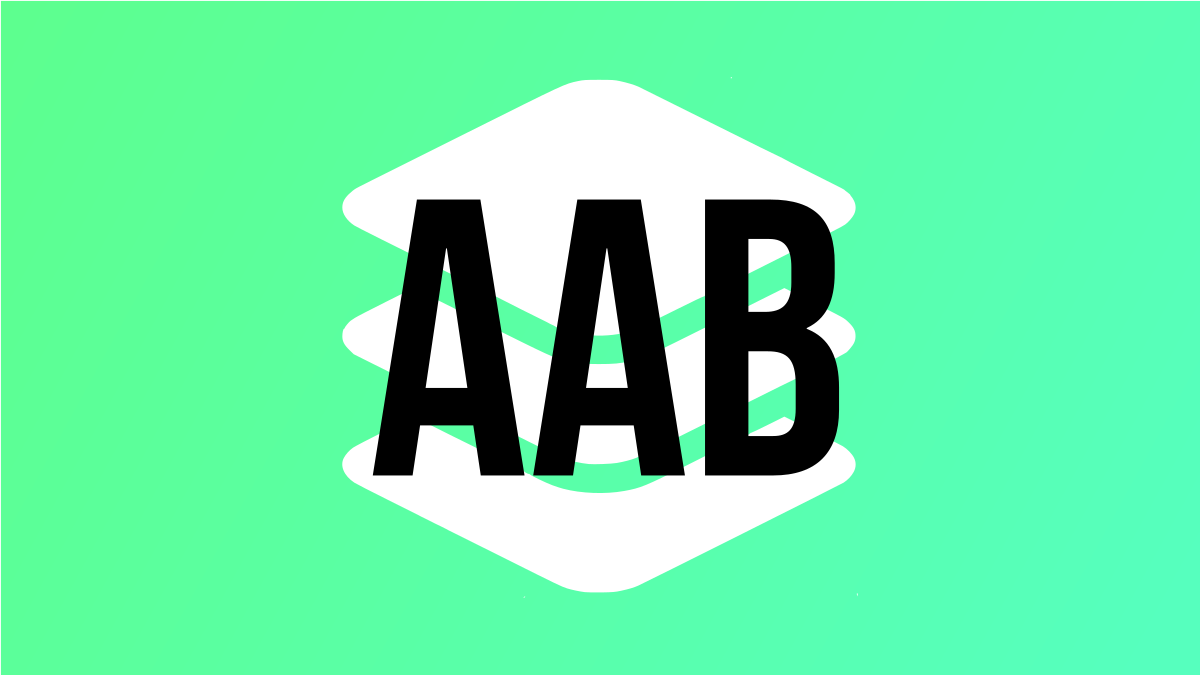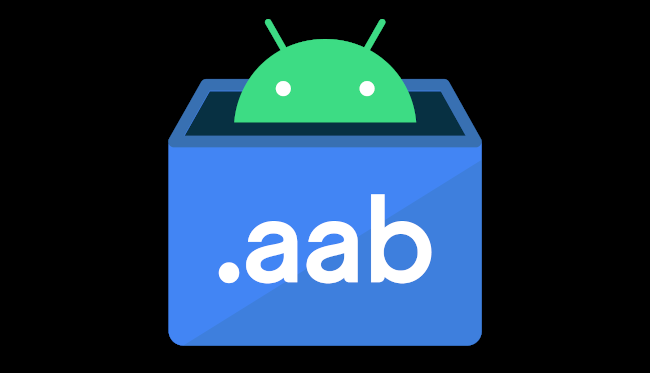Quick Links
If you've looked into the inner workings of Android, you've heard the term "APK." However, a newer term, "Android App Bundle" (AAB), is becoming more prevalent. So what is an AAB, and does it replace APKs? Let's talk about that.
What Is an Android App Bundle?
Starting in August of 2021, Google will require that all Android apps published to the Play Store must use the "Android App Bundle" format. Previously, apps could use the AAB format or the old, standard APK format.
So what exactly is an Android App Bundle and how is it different from an APK? An APK (Android App Package) is essentially a specialized .ZIP file that includes all the files and codes needed to run the app. Your device downloads all of those assets whether it needs them all or not.
An AAB has all of those same assets, but it also includes components called "Dynamic Features" and "Asset Packs." The advantages of these features are causing Google to move away from APKs in favor of AABs.
An easy way to think of an App Bundle is that it includes all the components to make an APK. When you download an App Bundle from the Play Store, it builds the APK targeted to your specific device.
What Are the Advantages of AABs?
Android App Bundles have several advantages. First and foremost, AABs create smaller APKs. Since the Bundle is building the app specifically for your device, not all of the components might be needed, resulting in smaller file sizes.
Not all of these components need to be downloaded upfront, either. The "Dynamic Delivery" concept means that you get a smaller initial app that can download and install new features as you need them. So if you never use certain features, they're not downloaded to your device.
In short, the advantage of AABs is that they're simply more flexible and dynamic. Smaller file sizes, easier up-front downloads, and components served on an as-needed basis add up to smarter APKs.
Do App Bundles Replace APKs?
When Google announced that the Play Store would require Android App Bundles instead of APKs, there was a common misunderstanding: Did this mean that you wouldn't be able to install APKs on your device anymore? No, not at all.
In fact, as explained in the section above, App Bundles create APKs. The APK is what Android runs, but the AAB is what the developer uploads to the Play Store.
App Bundles might be replacing APKs on the Play Store, but not on Android devices themselves. You can still sideload APK files to your device just like always. In fact, you can sideload AAB files as well. Rest assured that this is only a change to the Play Store, not to how Android as an OS deals with application files.



